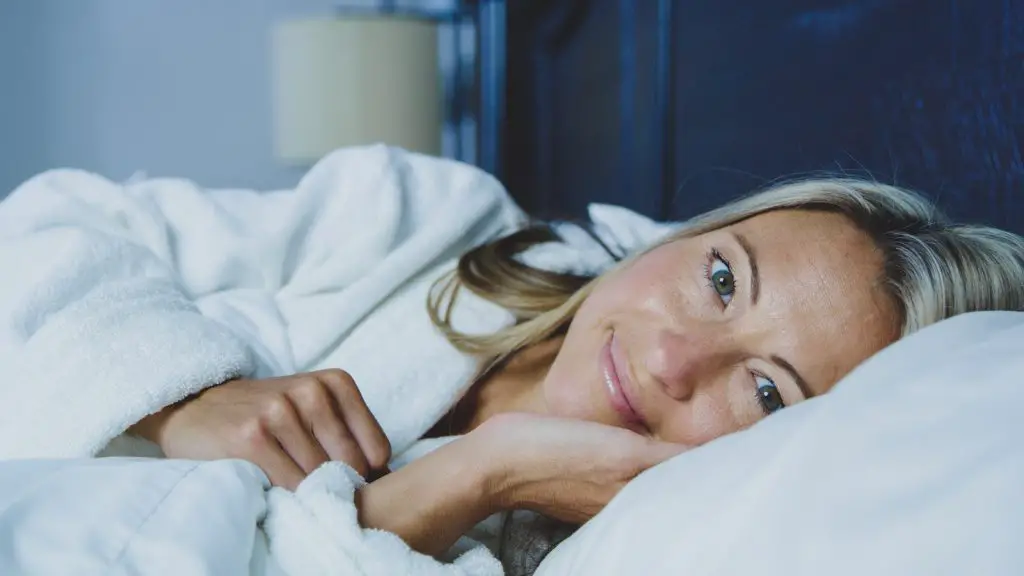This post may contain affiliate links which means I may receive a commission. Learn more on my Privacy Policy page.
Sleep Tracking and Analysis Apps
Sleep tracking and analysis apps allow users to get a good night’s rest. These applications analyze sleep patterns and offer personalized recommendations.
SnoreLab stands out as an innovative sleep Tracker App, as it detects and logs snoring to assess patterns that lead to reduced snoring.
Rising trends
Sleep analysis apps differ from fitness tracking apps by solely focusing on the science of sleeping. Sleep monitoring apps allow individuals to understand their sleeping patterns and habits so that they may change them for the better. Many of these applications also include scientific sleep analysis as well as various indicators. Furthermore, these insights may also provide users with better restful restful nights and can enhance overall quality of life.
Sleep-tracking apps have seen exponential growth due to an array of factors, including an increasing awareness of the benefits of good restful sleep and increasing demand for smart devices. As more mobile devices and users adopt sleep tracking Apps, their global market is expected to expand quickly.
This study seeks to investigate the effects of a two-week sleep self-monitoring intervention using two commercial smartphone apps on physically active university students’ sleep. Participants were instructed in both groups (IG1: Sleep Score; IG2: Sleep Cycle) to complete online diaries in week 1 and use analysis functions and the ‘smart alarm’ in week 2, rating their subjective evaluation of these applications according to parameters such as (a) how well their feedback matched their own perception of their sleep; (b) reliability of feedback received, (c) whether their ‘smart alarm’ picked their ideal time of wake-up, and (d) whether awakening was more refreshing when compared with conventional alarm.
Health benefits
Many sleep trackers include sensor features like accelerometer and microphone capability or provide other means to track parameters related to sleep such as heart rate and breathing. Sleep tracking apps then analyse this data, visualising it in graphs that display average user quality as well as individual progress over time, such as Northcube AB’s Sleep Cycle app or ilBSoft Relax Melodies P: sleep sounds, white noise and fan (hereafter Relax Melodies).
Apps designed to collect and interpret sleep data also enable users to identify trends in their sleeping habits. Some feature “sleep coach” functions that offer feedback on sleeping patterns; others help set and work toward goals for better restful sleeping; some can set “smart alarm” alarms that wake users during their lightest phase.
Though these apps seem beneficial, their true impact can be hard to measure due to individual differences in sleep experiences and lifestyle habits such as stress levels. Therefore, quantified truths provided by such apps may only be meaningful if interpreted subjectively by their user – for instance, a graph depicting time spent in Stage 1 sleep might provide an alarm clock for someone suffering insomnia, while for someone struggling with sleep apnea it may serve as a reminder not to take stimulants before bedtime.
Features and functionality
Sleep tracking and analysis apps come with various features, but all have one thing in common – helping individuals improve their sleeping patterns. The top ones offer everything from bedtime reminders and snore detection to dream recording and advanced sleep analysis – some even provide research-backed tips!
Most sleep tracking apps also include an alarm function and sound frequencies such as white noise or fans that promote restful slumber, such as white noise. Furthermore, many monitoring apps offer other functions, including snore measurement (including frequency and volume measurements) as well as low breath rate alarms which notify when users inflate their blood pressure too rapidly.
Some sleep tracker apps are specifically designed to monitor users’ breathing and heart rates using the phone microphone and speaker, making them great for individuals suffering from snoring and sleep apnea. Furthermore, some apps such as Pillow sync data automatically with Apple Health for long-term analysis, making them an excellent way for monitoring sleeping trends over time.
Tips
Many sleep apps rely on physical cues such as movement and heart rate to detect when you are restful or awake, usually with wearable devices such as Apple Watches or fitness trackers being required for optimal performance. Other sleep apps track sleeping habits and health trends with user input; features may include bedtime reminders, sleep stories and meditations as well as relaxing sounds libraries that aim to help users get a good night’s rest.
NapBot is an automatic sleep tracking and analysis app with an easy-to-use user interface, offering comprehensive information regarding sleep cycles, heart rates, light and deep sleeping phases as well as recommendations to enhance quality of restful nights’ rest. It tracks patterns such as detailed patterns or cycles for your heart rate as well as tracking light and deep sleep phases during each night’s restful slumber. Finally, NapBot analyzes your habits to suggest ways you could enhance the quality of restful nights’ rest.
Rise is an innovative sleep tracker with its own special approach: it gives a summary of each night’s quality by comparing your “readiness” score against how long each sleep cycle was spent sleeping and awake. Rise uses your phone’s accelerometer and movement sensors to accurately calculate this data, and combined with daily activity data provides an accurate portrait of your sleeping habits. Furthermore, Rise allows users to record energy levels to help the app learn their patterns and suggest targeted interventions. Interested in trending AI apps? please check out or list of best 2023 AI apps so far




